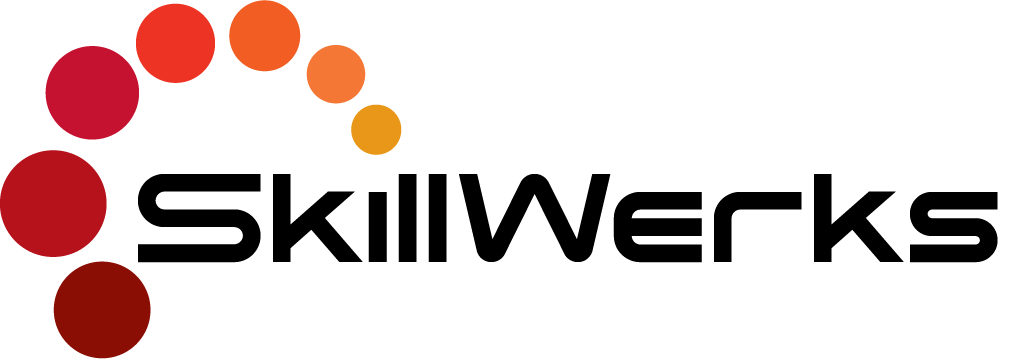Hiring a successful remote team entails finding top talent, networking, recruiting and assessing potential candidates. Hiring a remote team brings its own additional challenges because you still need to go through the normal hiring process and add additional requirements for remote employment. It’s important to analyze and optimize your hiring process to get the best possible hires for each role. Some of the most important aspects of hiring a remote team include:
Gathering a pool of candidates:
One of the first steps in hiring for a remote team is gathering a pool of potential candidates for a remote role. You can employ several strategies to maximize the talent pool for each role to get the most number of qualified candidates. Some strategies to maximize your talent pool include:
- Job posts: Job posts seem intuitive, but selecting where to post your job post can have a tremendous impact on the quality of your candidates. A generic job board will not lead to the best candidates; you should select which job board to post based upon where your ideal candidate will spend time. This includes niche blogs, forums, online groups, etc.
- Networking: employing a variety of networking strategies can help gather talent for your search. Using free tools like LinkedIn, Facebook Groups, local meetups and more can help you land an ideal candidate.
Interviewing:
Having a thorough interview process is crucial in hiring the best possible candidates for each role in your organization. Your interview process should be able to assess if the candidate is both competent and a good cultural fit. With interviewing, you can do a several step process to narrow down your final candidates. This can include phone interviews, video interviews, in-person interviews and any other relevant assessments. You should not hasten in the interviewing process because a bad hire can negatively impact your entire team.
From a remote employment perspective, you should take time to ensure that the potential candidates will be well-suited to work in a remote environment. A candidate can be a great fit for a role, but their lack of remote work experience can damage their performance significantly. In the interview process, you should take time to assess how a candidate would mesh well with your own specific remote working environment. By screening candidates for their ability to thrive in working remotely, you protect yourself from hiring a bad remote worker.
Reviewing/hiring potential candidates:
After your entire interviewing process, it’s time to narrow down your choices and select which candidates you’d like to make an offer to. In this period, it’s important to check the references provided to you by the candidates. You should reach out to the references and ask important questions that can give you an idea of what kind of employee a candidate will be. You should offer candidates with the best fit for your company some potential offers. It’s important to know that some candidates will have plenty of options due to their experience and competency. Be sure to have a backup plan in case the candidate rejects an offer. If the candidate accepts the offer, you should gather all the necessary documents and help them meet your team as soon as possible.
If you’d like to learn more about how to hire a remote team, talk to an expert here today.


